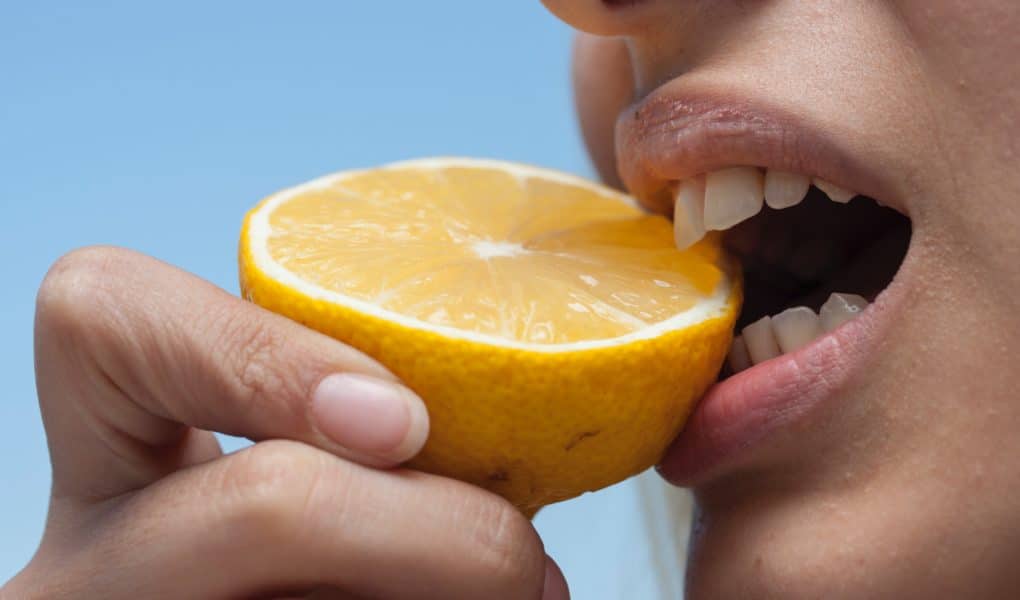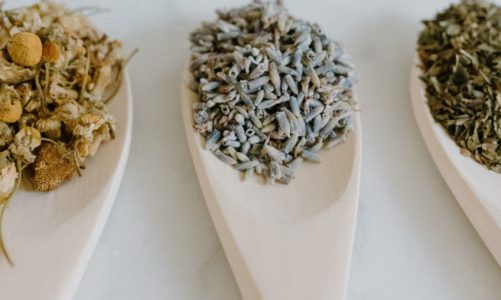Who doesn’t love the sour taste of a lemon? Mmm ok, well, perhaps only a few of us, if it doesn’t come with tequila. But add some hot water and some honey and everything is alright with the world again. Fortunately, most citrus fruits have a pleasant taste. Not all fruit containing vitamin C tastes acidic, such as papayas, ripe strawberries, and litchis for example. Other plant sources loaded with an abundance of vitamin C, include the Amla berry, the Acerola cherry, and the Camu Camu berry, but unfortunately have a bitter or tart aftertaste. So what to do? This article shares a few simple tips on how to make vitamin C taste better.
So, what’s the problem?
Getting your daily vitamin C goodness from a balanced diet including a variety of organic fruits and veggies, still remain the best way to go. You don’t find fiber and bioflavonoids in synthetic vitamin C after all. The problem is not so much with the taste of citrus fruits, but with natural vitamin C supplement powder forms that don’t exactly taste like apple crumble. These are usually great whole forms that contain high enough levels of natural vitamin C so you feel the benefits. The 3 superfruits mentioned earlier, namely Amla, Acerola, and Camu Camu, are good examples of natural whole food forms loaded with this rock star nutrient.
And for those that can’t stay away from the synthetic vitamin C versions, swallowing that big chunky vitamin C tablet, is difficult enough, not to mention the awful acid after taste. Fortunately, some clever-thinking individual at the pharma company decided that coating the tab with a layer of sweetness would help it taste better. It did, and now even ascorbic acid powders come sweetened or flavored. If you are taking these, opt for the ones that have natural sweeteners added instead of the questionable artificial stuff.
What is good doesn’t always taste good and what tastes good is not always good.
The other problem is kids and sweet things. The two are usually inseparable and it poses quite a challenge for parents to get them to take a vitamin C supplement if they require it. For this reason, many companies produce a gummy or chewy form of vitamin C. These usually taste much better than regular vitamin C supplements, but are laced with a rainbow of sugar, artificial colors, and preservatives. Choose a vitamin C gummy brand that basically has as little as possible added to it, other than what is needed to make a gummy of course. Yes, finding a clean vitamin C gummy product is rare but possible. The article about natural vitamin C supplements for babies will point you in the right direction.
Simple tips to make vitamin C taste better
To make vitamin C taste better you may want to try any of the following suggestions. Everyone is u unique and so are their tastebuds.
- Add your ascorbic acid powder to a fruit juice and stir in to dissolve.
- Swallow an ascorbic acid tablet down with some orange juice.
- Add a whole food vitamin C powder into your favorite morning smoothie. Mixing Amla berry, Acerola, or Camu Camu fruit powders, which are bitter and tart into sweeter juices will help make the natural vitamin C taste better. Popular juices you can try are banana, papaya, pear, melon, apple, kiwi, or natural grape juice.
- Add a natural sweetener like Monk fruit or Stevia to your vitamin C wholefood powder to make it taste better. Both Monk fruit and Stevia are natural sugar alternatives. Since Monk fruit is 150-200 times sweeter than regular sugar you only need a small amount. This Southeast Asian fruit looks like a guard. Just like stevia, there is somewhat of an aftertaste. It should be noted that certain individuals may be allergic to monk fruit. Some people like the taste, others don’t. Stevia can also make these bitter plant-sourced powders taste better. Native from Brazil, Stevia is made from the leaf of the plant species Stevia.
Last thoughts on how to make vitamin C taste better
What is good doesn’t always taste good and what tastes good is not always good. Consume your vitamin C in the most natural way possible, ideally through fresh fruit and veggies. They generally don’t taste too bad. Loaded with vitamin C, Amla, Acerola, and Camu Camu are also excellent sources of natural vitamin C if you want to supplement all-natural. Make vitamin C taste better by following any of the suggestions in this article. Your tastebuds will thank you! Always consult a doctor first before taking supplements in general.
Taking dietary supplements should always be done alongside the guidance of a medical practitioner. This article was not written or overseen by a medical professional and should not be viewed as advice or diagnostic information.
Enjoyed this article? Others enjoyed these too:
Which essential oil contains vitamin C?
What is Quali C vitamin C and which brands to choose?
Vitamin C supplements versus fruit.
Grow your own natural vitamin C at home. It’s easier than you think!
How to improve the efficacy of vitamin C supplements?
Can I take vitamin C supplements with or without food?
Cautionary note: Not any of these statements have been evaluated by the Food and Drug Administration. The content of the articles and the products recommended are not intended to diagnose, treat, cure or prevent any disease or health issue. The intention is also not to imply that vitamins or any dietary supplements are substitutes for a balanced diet or are in any way more beneficial or superior to dietary nutrients. It is also not intended to imply that general or normal health may be affected by not taking dietary supplements or receiving intravenous vitamin C infusions.
Image by Engin-akyurt



